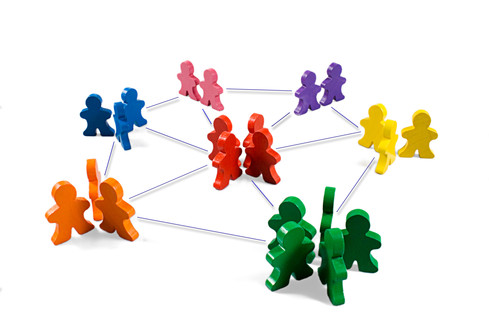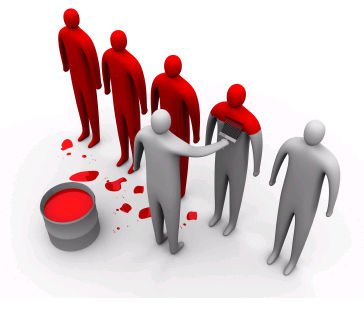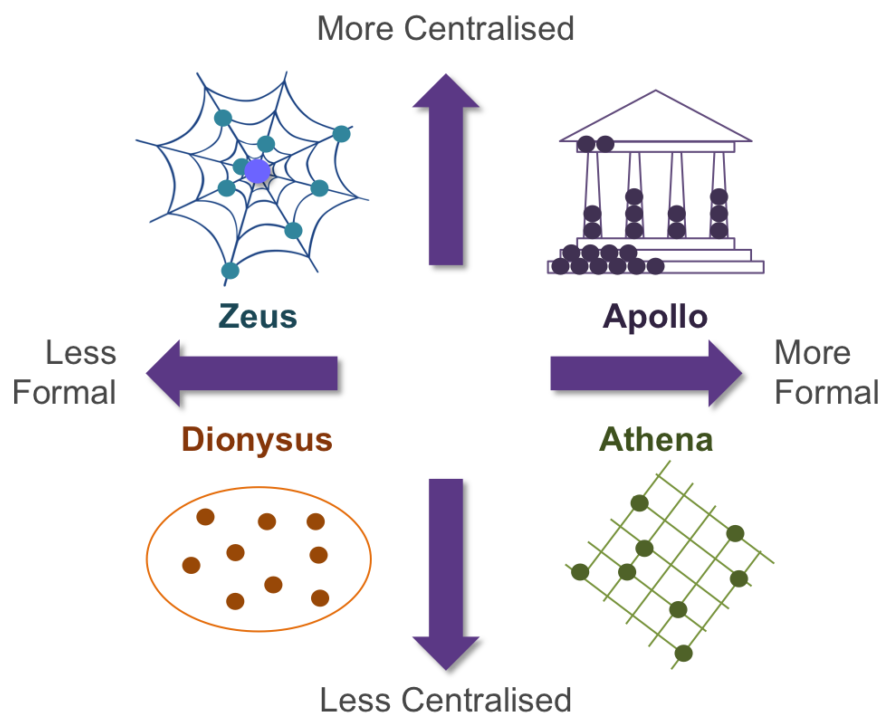Power is easy to feel but difficult to define. It is the potential ability of a person or group to influence another person or group. It is the ability to get things done the way one wants them to be done.Both formal and informal groups and individuals may have power; it does not need an official position or the backing of an institution to have power. Influence can take many forms. One person has influenced another if the second person’s opinions, behavior or perspectives have changed as a result of their interaction. Power is a factor at all levels of most organizations.… Read the rest
Management Concepts
Organizational Politics – Political Behavior in Organizations
Power and politics are inextricably interwoven with the fabric of an organization’s life. In any organization, at any given moment, a number of people are seeking to gain and use power to achieve their own ends. This pursuit of power is political behavior. Organizational politics refers to the activities carried out by people to acquire, enhance and use power and other resources to obtain their preferred outcomes in a situation where there is uncertainly or disagreement. One great organizational scholar, Tushman defined politics, ‘as the structure and process of the use of authority and power to affect definition of goals, directions and the other major parameters of the organization.… Read the rest
Organizational Culture – Meaning, Characteristics, Importance and Dimensions
Organizational culture is the set of values that states what an organization stands for, how it operates and what it considers important. Edgar H. Schein defines organizational culture as the pattern of basic assumptions that a given group has invented, discovered and developed while learning to cope with its problems of external adaptation and internal integration.
All the above definitions stress acceptable and unacceptable behavior of its members. For instance, one organization might value solidarity and loyalty to organization more than any other value whereas another organization might stress on good relations with customers. Such values are part of organizational culture in spite of not being formally written like rules and regulations of the organization.… Read the rest
Four Typologies of Organizational Culture
In organizational culture there are many kind of categorization and typologies have been explained by different scholars of culture. Theses typologies give and over view about the different cultures which exist in organizations. Handy (1985) was the person who discussed how different cultures have their existence in different organizations and within the same organization many diverse cultures can coexist. There are very few organizations exist who have a single culture exists in them. Every individual have its own culture within him and have his own specific personality and culture along with organizational culture. Organizational culture and structure of any organization are connected with each other.… Read the rest
Difference Between Authority and Power
Authority may be defined as the right to guide and direct the actions of others and to secure from them responses which are appropriate to the attainment of the goals of the organization.
According to Barnard, ”Authority is the character of communication(order) in a formal organization by virtue of which it is accepted by a contributor to, or member of the organization as generating the action he contributes, that is, as governing or determining what he does or is not to do so far as the organization is concerned.”
Power refers to the ability or capacity to influence the behavior or attitudes of other individuals.… Read the rest
Difference Between a Team and a Group
The terms team and group are often used interchangeably in management subjects, but there are some differences between these two concepts. A group is a collection of individuals who coordinate their individual efforts. On the other hand, at team is a group of people who share a common team purpose and a number of challenging goals.
The notable difference between a team and a group is that:
- A group may be formal or informal where as a team is necessarily formal.
- A group may or may not have a common goal to work towards but a team efforts are clustered towards the attainment of organizational objectives.




